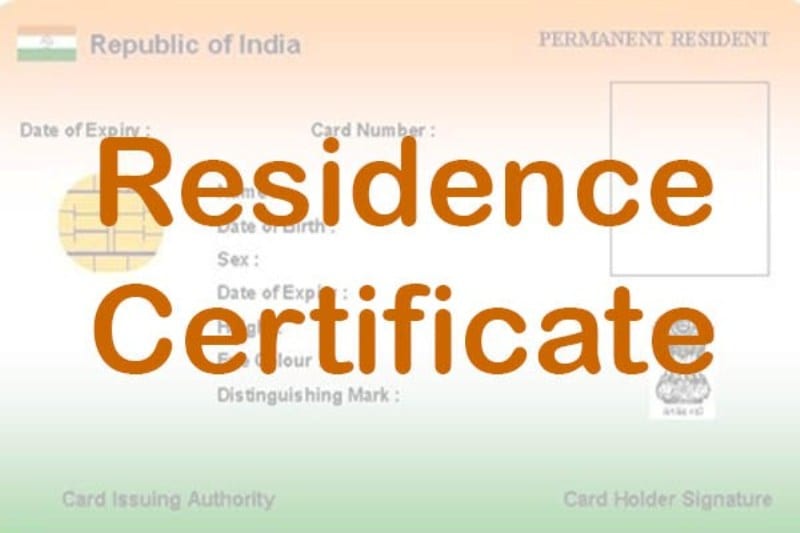Step to help in filling up of non-gazetted posts on fast-track basis
No resident of any State, other UT to be eligible
Mohinder Verma
JAMMU, Oct 8: In order to make appointments against the non-gazetted posts on fast track basis, the administration of Union Territory of Ladakh has defined the detailed procedure for the grant of Resident Certificate. However, no resident of any State or other Union Territory in the country will be eligible for being resident of Ladakh.
On September 4, 2021, the administration of Union Territory of Ladakh issued order to temporarily define resident of Union Territory of Ladakh for the purpose of appointment to a post under the UT. In Paragraph 6 of this order, it was mentioned that detailed procedure for the issuance of Resident Certificate will be issued separately.
Now, in accordance with the Paragraph-6 of the Union Territory of Ladakh Resident Certificate Order, 2021, the administration of UT has defined the procedure for the grant of Resident Certificate for the purpose of appointment to a non-gazetted post.
As per the procedure, any person who possesses a Permanent Resident Certificate issued by the competent authority in the districts of Leh and Kargil; belongs to a category of persons who would have been eligible to be issued Permanent Resident Certificate by the competent authority of the districts of Leh and Kargil and children of persons possessing a Permanent Resident Certificate issued by the competent authority or children of persons who belong to a category of persons who would have been eligible to be issued Permanent Resident Certificate would be eligible for grant of Resident Certificate by the competent authority.
However, it has been made clear that a person holding Domicile or Resident Certificate or such other certificate by whatever name of any State or any other Union Territory will not be eligible for being resident of Union Territory of Ladakh.
For those holding Permanent Resident Certificate, Tehsildar concerned is the competent authority for issuance of Resident Certificate. Permanent Resident Certificate of the applicant, birth certificate from Registrar of Death/Birth or School Leaving Certificate/High School Certificate and Government issued Photo Identity Card are the documents required to be submitted by the applicant along with the application.
Similarly, for children of persons possessing Permanent Resident Certificate, Tehsildar concerned is the competent authority for issuance of Resident Certificate and in such cases the Permanent Resident Certificate of father or a certified copy of extract of Misal-e-Haqiyat Jamabandi, record of Khahcharai in case of landless/demands and certified copy of current voter list, birth certificate, ration card and Government issued Photo Identity Card are required to be appended with the application.
Same procedure will have to be followed in respect of persons who would have been eligible to be issued Permanent Resident Certificate by the competent authority. Deputy Commissioner concerned has been designated as Appellate Authority.
“Any person aggrieved by an order of competent authority will file an appeal before the Appellate Authority, which shall decide the appeal after providing an opportunity of being heard to the parties”, read the order issued by Administrative Secretary, Department of Law and Justice.
A period of 15 working days has been fixed for the competent authority to issue Resident Certificate to the applicant and if the Resident Certificate is neither issued nor rejected within the specified time-frame, the applicant may prefer an appeal before the Appellate Authority, which after affording opportunity to the competent authority, will decide such appeal within a period of 15 days either accepting or rejecting such appeal.
“In case the applicant succeeds in appeal, the Appellate Authority will direct the competent authority to issue Resident Certificate within a period of seven working days”, the order said, adding “the competent authority can also issue Resident Certificate electronically as may be made available by the administration”.
The Appellate Authority has been vested with the power to call records of the proceedings or orders made by any competent authority for satisfying itself as to the legality and propriety of such proceedings or orders. “No order will be issued against any person without affording him a reasonable opportunity of being heard”, the order said.


